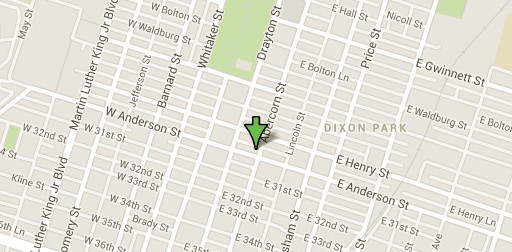There’s no doubt that porcelain veneers can make your smile look great, but sometimes this great appearance comes at a cost: they smell terrible.
Often, the odor can be combatted with basic dental procedures, but in some cases, you may need to have your veneers replaced.

Inadequate Oral Hygiene
The most common cause of bad breath with porcelain veneers is the same as that without porcelain veneers. Poor oral hygiene can allow for a buildup of oral bacteria in and around your teeth. Some of these bacteria are anaerobic bacteria–bacteria that breathe sulfur instead of oxygen, so they produce lots of stinky sulfur compounds in your mouth.
Make sure that you are cleaning properly around your porcelain veneers and natural teeth. Make sure you are brushing twice a day, and flossing every day. If you are, consider dry brushing. Brush without toothpaste after each meal. Not everyone needs to do this, but for some people, smells build up faster than for others.
It’s also possible that you aren’t flossing well enough. Flossing is not easy, and it’s not the best way to clean between your teeth or at the gum line. Consider switching to interdental brushes or a water flosser. If this doesn’t help, you can rule out hygiene as the cause of the problem.
Gum Disease
If not properly controlled, oral bacteria can infect your gums around your teeth. This may be associated with poor oral hygiene, but some people are at an elevated risk because of genetic factors or health status (diabetics, for example, have a high risk of gum disease).
Look for red and inflamed gums around your teeth, including those with the porcelain veneers. Gums that are tender or bleed when you brush also indicate gum disease as a possible cause. Gum disease can lead to receding gums and is the most common cause of tooth loss, so it’s important to get it treated.
Tooth Decay
Porcelain veneers protect one surface of your tooth, but they don’t protect the rest of it, which can still develop cavities. These cavities make good places for anaerobic oral bacteria to accumulate, and, eventually, burrow into the center of the tooth, the pulp or nerve. Poor hygiene contributes to tooth decay risk. If you weren’t always good about brushing, you might suspect decay under your veneers. Look for discoloration or holes in the enamel of your teeth next to the veneers.
If you have decay in veneered teeth, you will need a filling at least, and may need to have the veneer removed and replaced with a dental crown, which protects the entire visible surface of your tooth. The sooner you get treatment, the more likely it is that you can keep your veneers.
Poorly Fitted Porcelain Veneers
Unfortunately, even if you’re taking good care of your teeth and veneers, you may be sabotaged by the veneers themselves. If porcelain veneers aren’t fitted properly, they can create small ledges around the veneer that allow for the accumulation of food particles and oral bacteria. This makes reservoir of oral bacteria that can then contribute to decay, gum disease, and, of course, foul smells. So-called prepless veneers are notorious for this kind of poor fit.
This is not independent of the above concerns. Ledges next to veneers make it harder for you to clean your teeth. The bacteria that accumulate here can also cause cavities or gum disease.
If you suspect that the fit of your porcelain veneers is causing bad smell and oral health problems, it’s important to get a second opinion. If you are looking for someone to assess your porcelain veneers in Hilton Head, please call (843) 706-2999 for an appointment with a cosmetic dentist at Beyond Exceptional Dentistry today.




